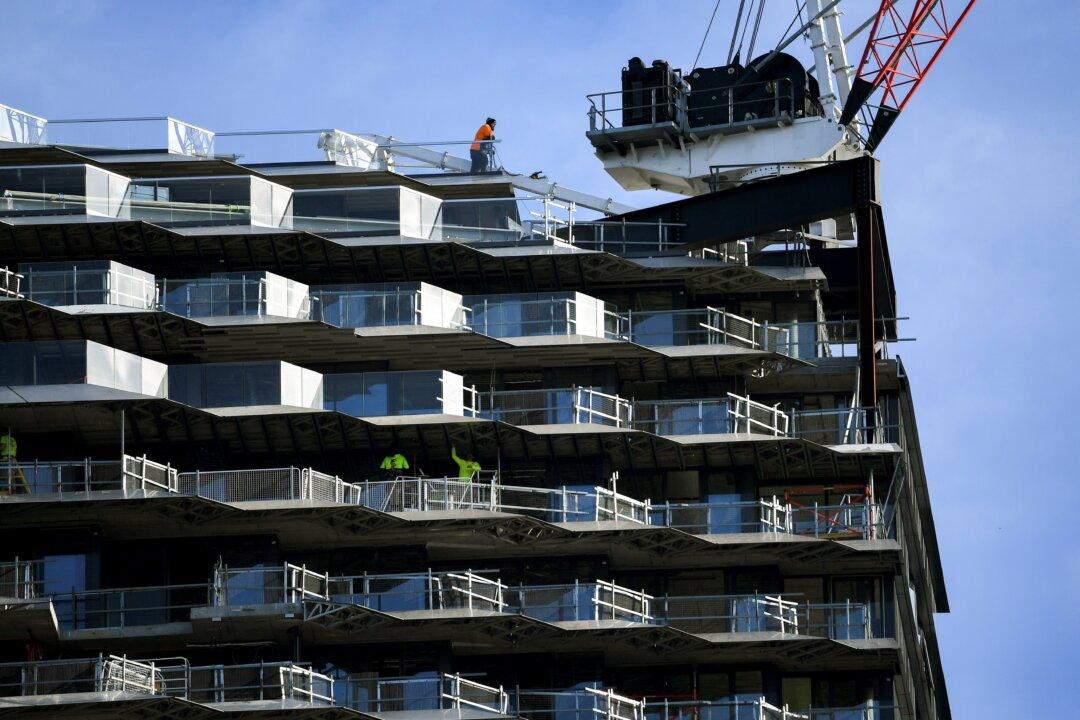The Victorian state government has scrapped a controversial $800 million (US$580 million) tax scheme to build social housing over fears that a “mischievous” scare campaign on housing affordability would do damage in this November’s state election.
The Victorian government on Feb. 18 announced the introduction of a 1.75 percent housing levy on all new developments with three dwellings or more from July 2024 to raise funds for building thousands of social and affordable homes.





